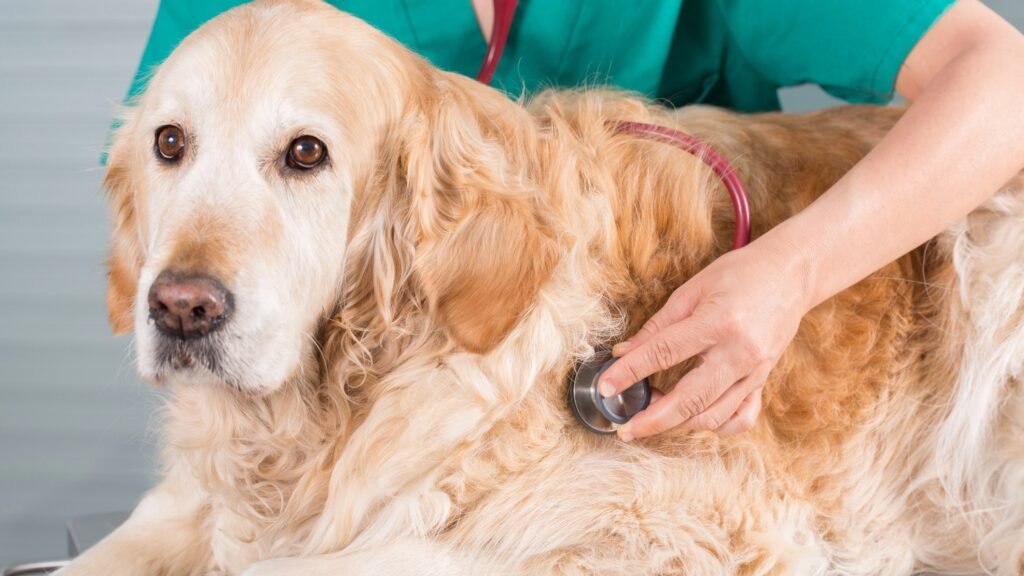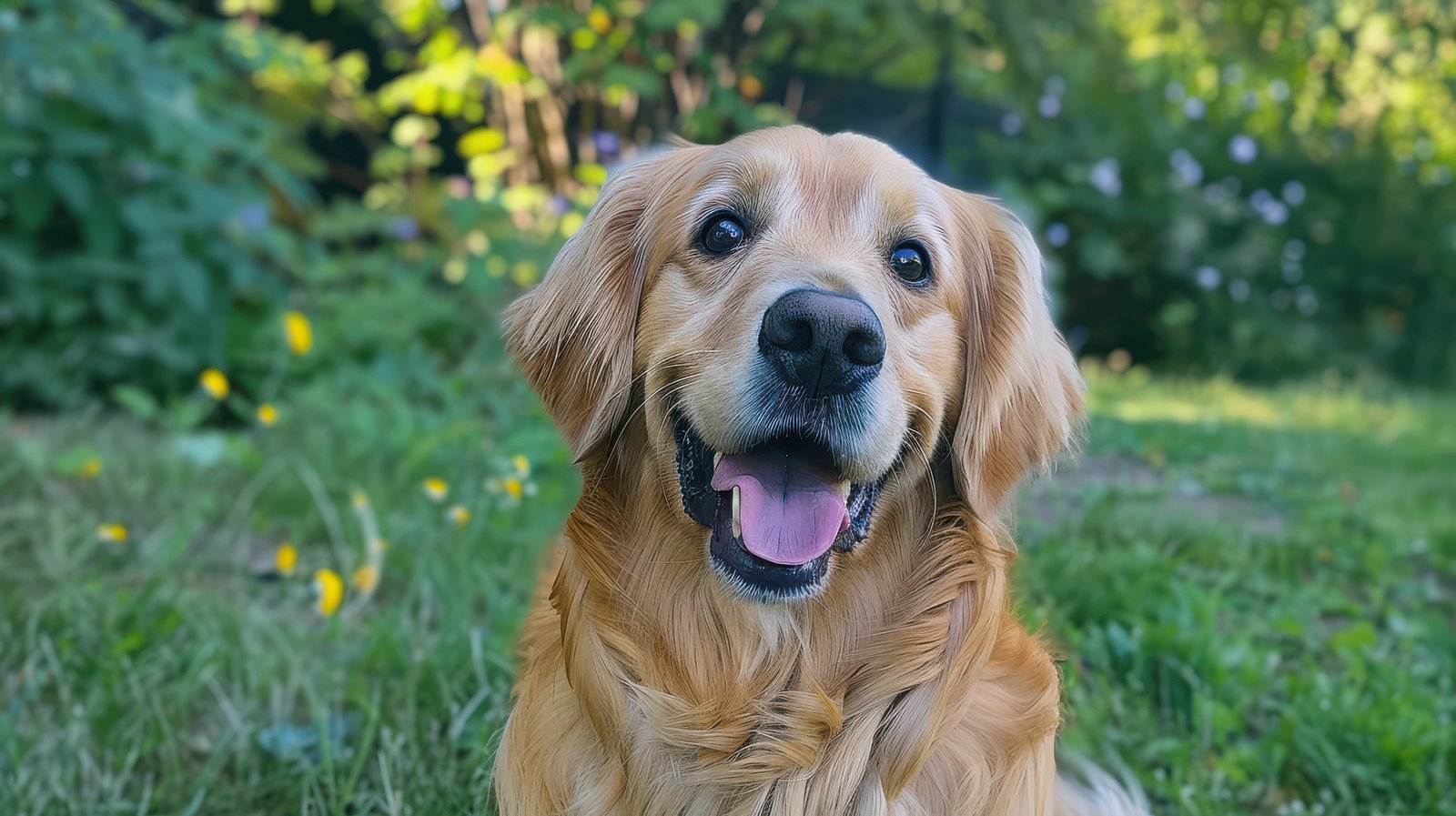Golden Retrievers are known not only for their friendly and loyal nature but also for their energetic and playful demeanor. Proper nutrition is crucial for them to maintain their vitality and live a longer, healthier life. Feeding your Golden Retriever a balanced and nutritious diet helps prevent chronic diseases, supports strong bones and muscles, and enhances their overall well-being.
Understanding the Nutritional Needs of Golden Retrievers

Golden Retrievers, like all dogs, need a combination of proteins, fats, carbohydrates, vitamins, and minerals in their diet. However, since they are a large and active breed, their caloric and protein requirements might be higher compared to smaller or less active breeds. Ensuring the correct balance of nutrients is vital to support their energy levels and bodily functions.
Protein Sources for Muscle Maintenance

Proteins are essential for repairing tissues and maintaining muscle mass in Golden Retrievers. High-quality animal-based proteins such as chicken, turkey, fish, and lamb are excellent sources. Aim for a dog food that lists these proteins as the first or second ingredient. Plant-based proteins can also contribute but should not be the primary source.
Healthy Fats for Energy and Skin Health

Fats are a crucial energy source and help keep your Golden Retriever’s skin and coat healthy. Look for sources like fish oil, flaxseed, and chicken fat. Omega-3 fatty acids, in particular, help reduce inflammation and support joint health, which is essential for Golden Retrievers prone to hip dysplasia and arthritis.
The Role of Carbohydrates

Carbohydrates provide a quick source of energy and are important for digestion. Whole grains like brown rice and oats are excellent choices, offering fiber and essential nutrients without excessive fillers. For dogs with grain sensitivities, consider vegetables like sweet potatoes or peas as alternative carb sources.
Essential Vitamins and Minerals

Vitamins and minerals support a wide range of bodily functions in Golden Retrievers, from immune defense to bone strength. Calcium and phosphorus are critical for bone health, while vitamins A, C, and E support vision, immune health, and combat oxidative stress. A balanced diet usually covers these needs, but supplemental vitamins can help if recommended by a veterinarian.
Avoiding Common Food Allergens

Golden Retrievers can suffer from food allergies or sensitivities, which can lead to skin issues or digestive upset. Common allergens include beef, dairy, and certain grains. If you notice symptoms like persistent itching or gastrointestinal problems, consider consulting your vet to identify and avoid these allergens in your dog’s diet.
Feeding Frequency and Portion Control

Golden Retrievers benefit from structured feeding schedules that prevent overeating and promote stable energy levels. Adult Golden Retrievers typically do well on two meals a day, whereas puppies require more frequent feeding. Paying attention to their weight and adjusting portion sizes can prevent obesity, which is a common issue in this breed.
The Importance of Hydration

Access to clean and fresh water is vital for Golden Retrievers, as they tend to be active and require increased hydration levels. Regular water intake helps with digestion, temperature regulation, and nutrient absorption. Make sure to refill their water bowl frequently and monitor their drinking habits, especially during the warmer months.
Consultation with Veterinary Nutritionists

Every Golden Retriever is unique, and their nutritional needs can vary based on age, activity level, and health status. Consulting with a veterinary nutritionist can provide a tailored dietary plan that addresses specific health concerns and nutritional requirements, ensuring your Golden Retriever thrives throughout their life.
Conclusion: A Lifelong Commitment to Healthy Feeding

Nourishing a Golden Retriever requires more than simply filling a bowl with food. It involves understanding their unique nutritional needs and offering a balanced diet that fuels their lively spirit and supports their long-term health. By prioritizing quality nutrition, you can help ensure that your Golden Retriever enjoys a long, happy, and active life as your beloved companion.

Andrew Alpin from India is the Brand Manager of Doggo digest. Andrew is an experienced content specialist and social media manager with a passion for writing. His forte includes health and wellness, Travel, Animals, and Nature. A nature nomad, Andrew is obsessed with mountains and loves high-altitude trekking. He has been on several Himalayan treks in India including the Everest Base Camp in Nepal.






